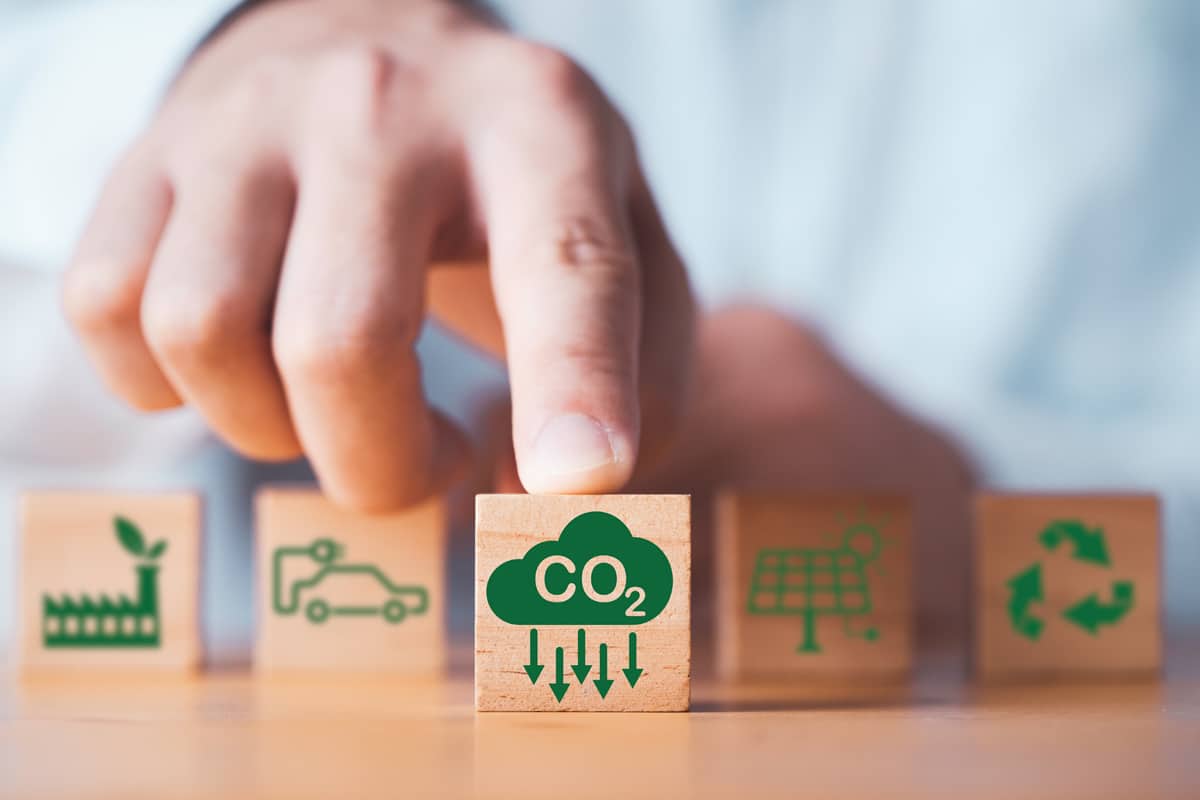In Short : Madagascar has received $8.8 million for forest carbon credits, a positive development that can contribute to the protection of remaining forests and local communities. Forest carbon credits are a form of financial incentive for countries or regions that successfully reduce deforestation or promote afforestation, thereby sequestering carbon and mitigating climate change. This funding can support conservation efforts, sustainable land management, and community livelihoods in Madagascar.
In Detail : ANTANANARIVO : Madagascar received $8.8 million for carbon credits from reducing 1.76 million tons of carbon emissions in 2020, becoming the third country in Africa (after Mozambique and Ghana) to be paid by the World Bank for reducing emissions from deforestation and forest degradation—commonly known as REDD+.
The payment is the first of three under the country’s Emission Reductions Payment Agreement (ERPA) with the World Bank’s Forest Carbon Partnership Facility (FCPF), which is set to unlock up to $50 million for reducing up to 10 million tons of CO2e emissions along the country’s rainforest-rich eastern coast by the end of 2024.
The emission reductions were reported by the Bureau National de Changement Climatique et REDD+ (BNCCREDD+) of Madagascar, and subsequently confirmed through a thorough and independent third-party validation and verification process.
“We congratulate Madagascar for successfully completing all the necessary steps to receive the first ERPA payment, and we look forward to continued collaboration on climate action,” said Atou Seck, the World Bank’s Country Manager for Madagascar. “Forests on the eastern part of the island provide ecosystem services that are critical for climate mitigation and resilience, including biodiversity conservation, watershed protection, and drought and flood mitigation. This program is helping to protect the remaining forests that are inextricably linked to the well-being of many communities in that area and across the country.”
Madagascar is one of eight major global biodiversity hotspots and a priority conservation area due to the significant number of species threatened with extinction. Despite major conservation efforts, ecosystems in the country’s eastern forest are so fragmented and degraded that many native animal species have been lost. Madagascar’s direct drivers of deforestation include small-scale agriculture, energy production, artisanal and illegal mining, forest harvesting, and livestock practices.
The emissions reduction program area covers 10% of Madagascar. It stretches across almost 7 million hectares along the country’s eastern humid forest ecoregion which is home to more than half of Madagascar’s biodiversity-rich rainforests. The program builds on the country’s integrated landscape management approach to address the direct and indirect causes of deforestation and degradation and protect important watersheds. It also reinforces conservation and community forest management and builds on forest-friendly agroforestry value chains.
“There are 15 REDD+ initiatives in Madagascar and a benefit-sharing plan is in place with local actors and communities to ensure they receive the majority of the benefits,” said Lovakanto Ravelomanana, BNCCREDD+ Coordinator. “This will allow the stakeholders to continue promoting community management of natural resources and restoration of degraded areas while stimulating conservation-friendly farming models.”
The Forest Carbon Partnership Facility (FCPF) is a global partnership of governments, businesses, civil society, and Indigenous Peoples’ organizations focused on reducing emissions from deforestation and forest degradation, forest carbon stock conservation, the sustainable management of forests, and the enhancement of forest carbon stocks in developing countries, activities commonly referred to as REDD+. Launched in 2008, the FCPF has worked with 47 developing countries across Africa, Asia, and Latin America and the Caribbean, along with 17 donors that have made contributions and commitments totaling $1.3 billion.

